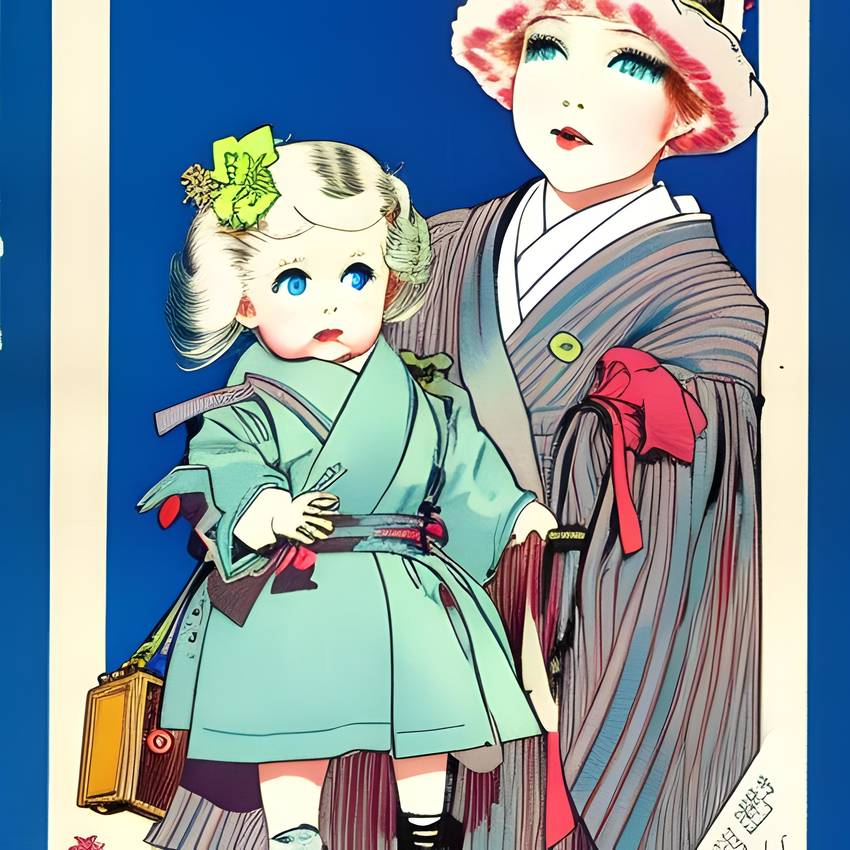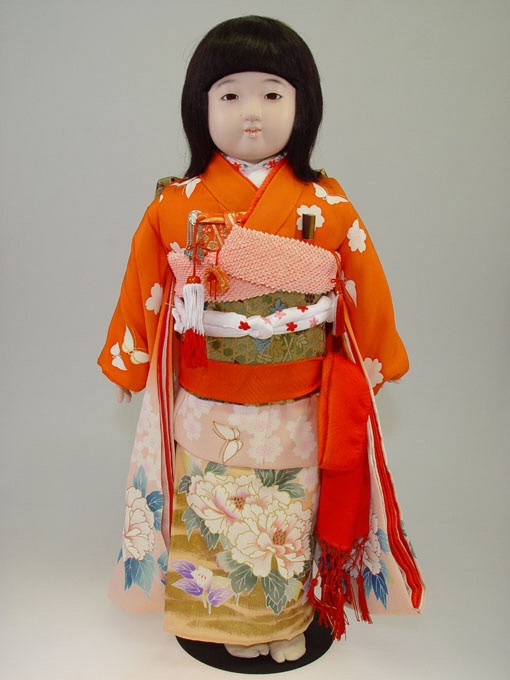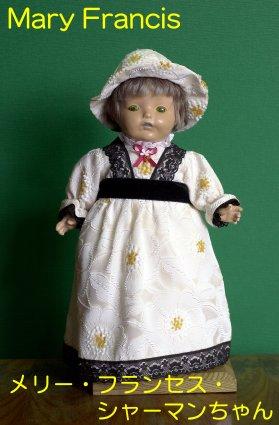ギューリック博士は返礼は不要だと断りましたが、日本人形を贈ろうということになりました。
Jan
21





 The Welcome Party in Washington D.C.
The Welcome Party in Washington D.C.Gulick is in the center of the back row.
(photo:owned by Shibusawa Memorial Museum)
ギューリック博士は返礼は不要だと断りましたが、日本人形を贈ろうということになりました。
その結果四十七都道府県と、東京、横浜、名古屋、京都、大阪、神戸の六大都市、さらに当時は日本領でした樺太、朝鮮、台湾、日本が既成事実を作ろうとしていた関東州(後の満州:現中国東北部)、そして大日本に、それぞれ相応しい名前をつけて贈ることとなりました。
人形交換事業は世界的な人形交換につながるかに思われたが、1933年の日本の国際連盟脱退、1937年の日独伊防共協定の締結、そして暴動の勃発を経て、太平洋戦争中の 1941 年 12 月 7 日、かつて日米友好の象徴であった友情人形は、戦時中のスローガン「鬼畜米英」(「アメリカ人やイギリス人は悪魔か野獣だ」)のもと、厳しい迫害を受け、拒否されました。 ')。
スポーツ用品、日用品、娯楽用品など、米国に関わるあらゆるものが憎悪の対象となった。
1943 年 2 月頃から、「青い目の人形よ、あなた方は我々の致命的な敵だ」といった見出しが掲げられた。
「我々は決して許さない」「『青い目の人形を打ち倒そう』と子供たちは叫んだ」とか、「我々が打ち負かすまでアメリカとイギリスに対する敵意を煽るためにアメリカの人形を焼き払え」という書き込みが紙面のあちこちで見られた。
■いせはら文化財サイトより引用
Though it seemed as if the doll exchange project would lead to worldwide exchange of dolls, after the withdrawal of Japan from the League of Nations in 1933, the conclusion of Anti-Comintern Pact among Japan, Germany and Italy in 1937 and the outbreak of the Pacific War on December 7th, 1941, the friendship dolls, which once were the symbol of the Japan-US friendship, were severely persecuted and rejected, under the wartime slogan, ‘kichiku-beiei’ (‘Americans and Englishmen are devils or beasts.’). Everything concerning the US was the target of hatred including sports goods, daily necessities and pastime articles. From around February 1943, such headlines as ‘Blue-eyed dolls, you are our deadly enemies. We will never forgive you,‵“Let’s knock down the blue-eyed dolls,” shouted the children,’ or ‘Burn down the American dolls to excite hostility against America and Britain until we defeat them,′ were found here and there on the newspapers.

